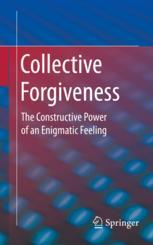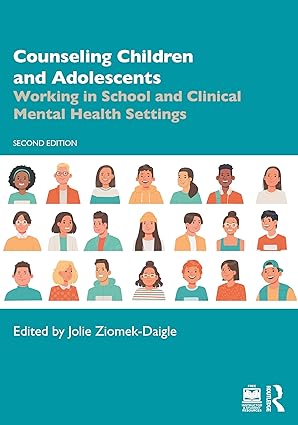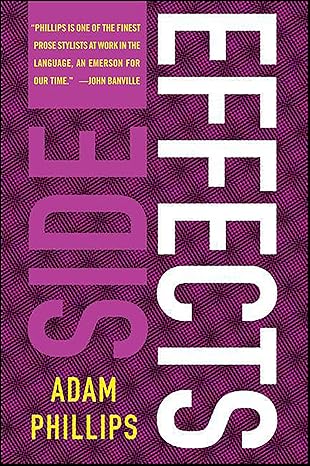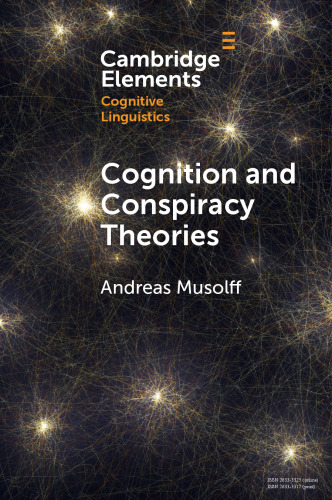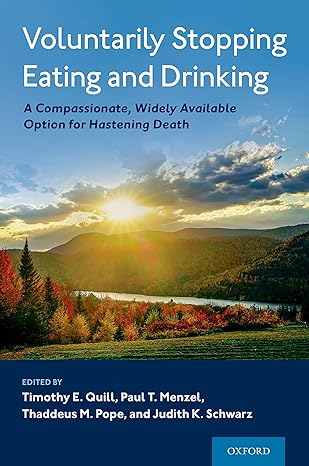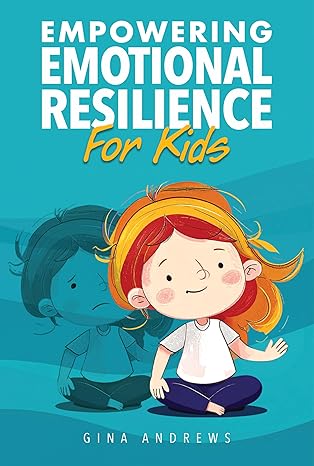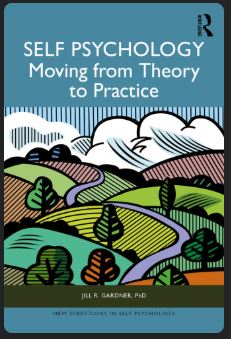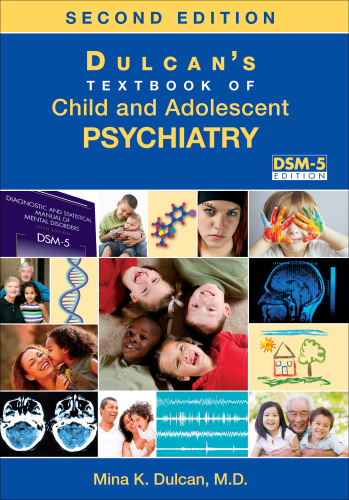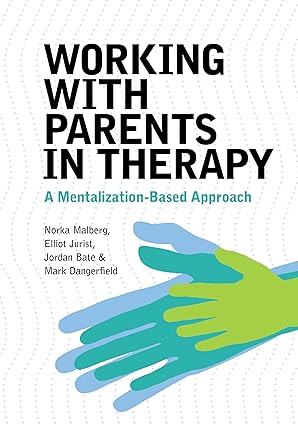There is hardly any experience that moves us as much as forgiving. Forgiveness has been around ever since people have been willingly coming into contact with people, thinking about the future, and their hopes, expectations, perhaps even dreams have not been fulfilled in the way they thought, wished or hoped for. Perhaps because the other person has consciously or unconsciously acted differently than expected. We withdraw disappointed, break off con- tact if possible—for good or for a certain time. Something in us urges reflection, relieves the feeling of dejection, disil- lusionment, even anger - sometimes. Hurts linger or fade away. Everyone has had to experience disappointment in another - regardless of whether that subjective assessment is justified. And probably every person has been forgiven and probably every one of us has said, “It’s okay,” or at impor- tant moments, “I forgive you.” Forgiveness is based on trust. We forgive because we trust that the other person will again act as we expect, as has been the custom in the rela- tionship. Trust is the description of the likelihood of a spe- cific action. Forgiveness is a fundamental experience. Fundamental, transcending cultures and eras.
چکیده فارسی
تقریباً هیچ تجربهای وجود ندارد که به اندازه بخشش ما را تحریک کند. بخشش از زمانی وجود داشته است که مردم با میل و رغبت با مردم ارتباط برقرار می کنند، به آینده فکر می کنند و امیدها، انتظارات و شاید حتی رویاهایشان آن طور که فکر می کردند، آرزو می کردند یا آرزو می کردند برآورده نمی شد. شاید به این دلیل که طرف مقابل آگاهانه یا ناخودآگاه متفاوت از آنچه انتظار می رفت عمل کرده است. ما ناامید کنار میرویم، در صورت امکان، برای همیشه یا برای مدت معین، تماس را قطع میکنیم. چیزی در ما تحریک به تأمل می کند، احساس ناامیدی، سرخوردگی و حتی عصبانیت را تسکین می دهد - گاهی اوقات. دردها باقی می مانند یا محو می شوند. هر کس مجبور شده است در مورد دیگری ناامیدی را تجربه کند - صرف نظر از اینکه آیا آن ارزیابی ذهنی موجه است یا خیر. و احتمالاً همه افراد بخشیده شده اند و احتمالاً هر یک از ما گفته ایم: "اشکالی ندارد" یا در لحظات مهم "من تو را می بخشم." بخشش مبتنی بر اعتماد است. ما می بخشیم زیرا اعتماد داریم که طرف مقابل دوباره همان طور که ما انتظار داریم رفتار خواهد کرد، همانطور که در این رابطه مرسوم بوده است. اعتماد توصیف احتمال یک اقدام خاص است. بخشش یک تجربه اساسی است. فرهنگها و دورانهای بنیادی و فراتر.
ادامه ...
بستن ...
There is hardly any experience that moves us as much as forgiving. Forgiveness has been around ever since people have been willingly coming into contact with people, thinking about the future, and their hopes, expectations, perhaps even dreams have not been fulfilled in the way they thought, wished or hoped for. Perhaps because the other person has consciously or unconsciously acted differently than expected. We withdraw disappointed, break off con- tact if possible—for good or for a certain time. Something in us urges reflection, relieves the feeling of dejection, disil- lusionment, even anger - sometimes. Hurts linger or fade away. Everyone has had to experience disappointment in another - regardless of whether that subjective assessment is justified. And probably every person has been forgiven and probably every one of us has said, “It’s okay,” or at impor- tant moments, “I forgive you.” Forgiveness is based on trust. We forgive because we trust that the other person will again act as we expect, as has been the custom in the rela- tionship. Trust is the description of the likelihood of a spe- cific action. Forgiveness is a fundamental experience. Fundamental, transcending cultures and eras.
ادامه ...
بستن ...
